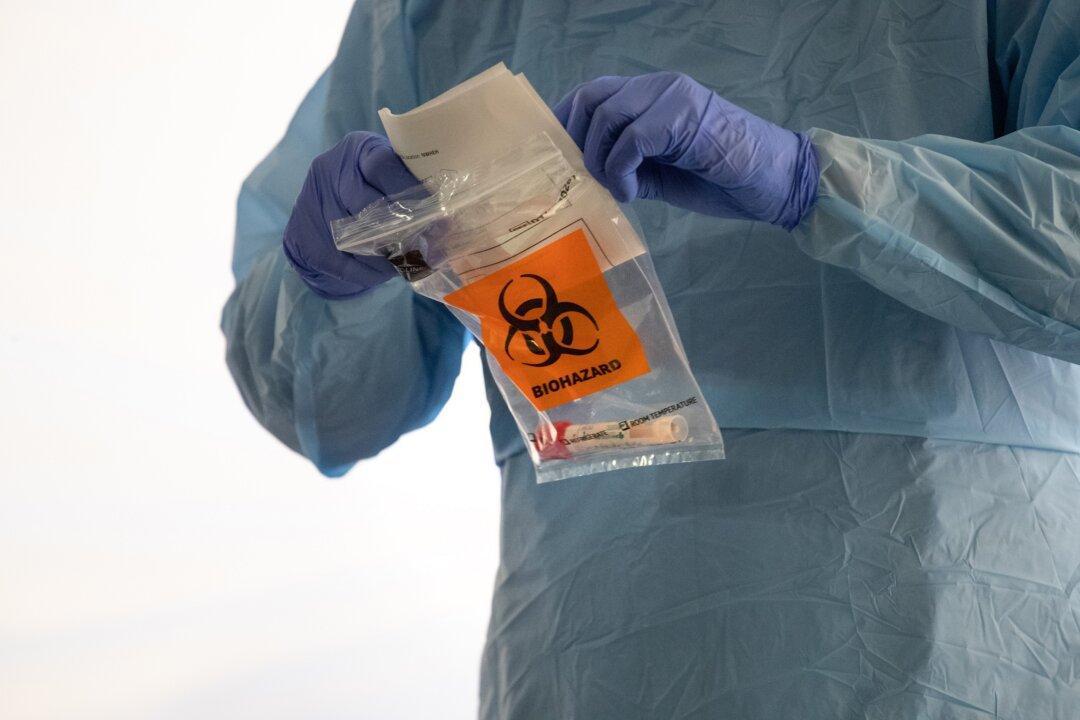A program that’s meant to track the spread of the CCP virus in the Seattle area said it had to pause its work because it lacks proper authorization for the tests it’s been distributing.
The Seattle Coronavirus Assessment Network (SCAN) has been sending free tests to people to swab themselves at home to see if they have the the CCP (Chinese Communist Party) virus, which causes COVID-19.





